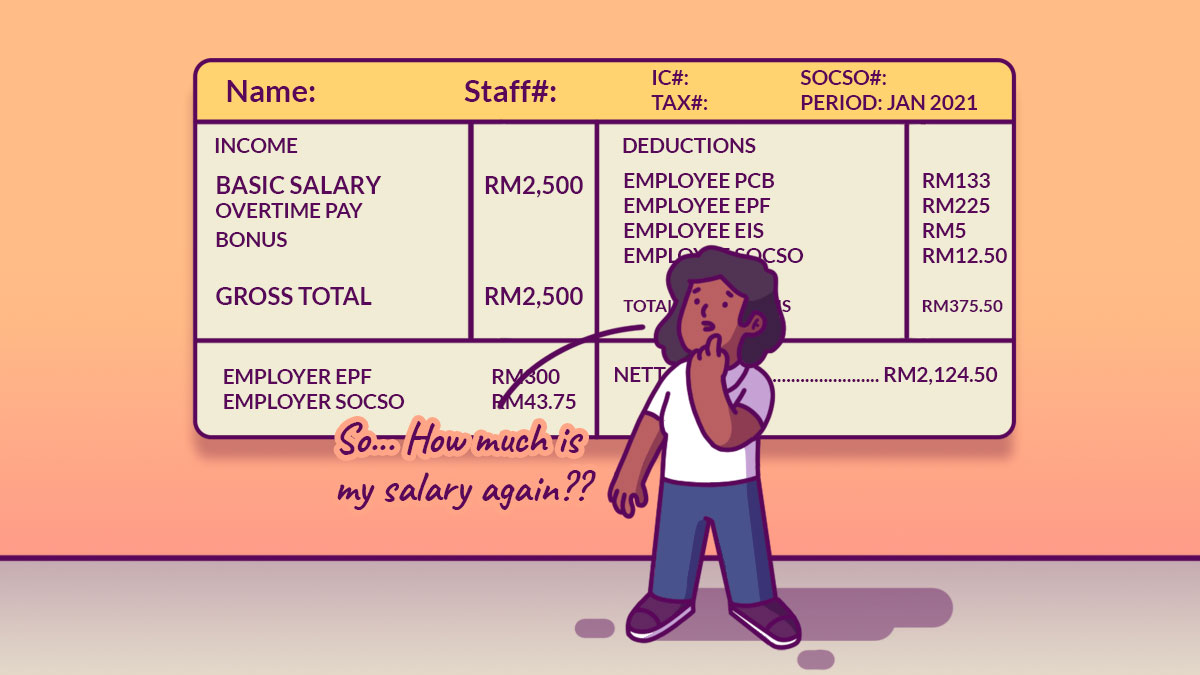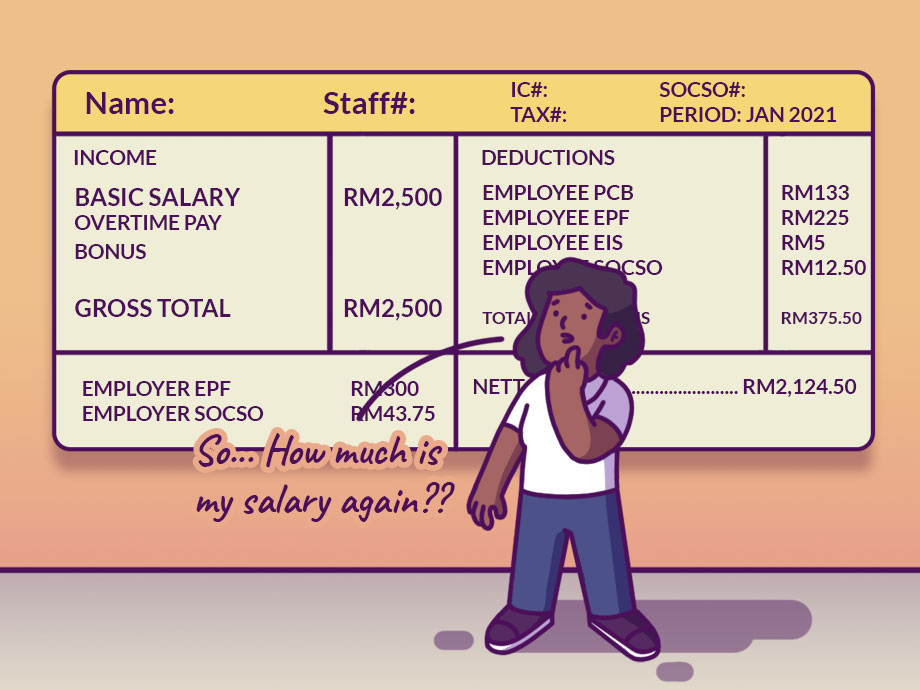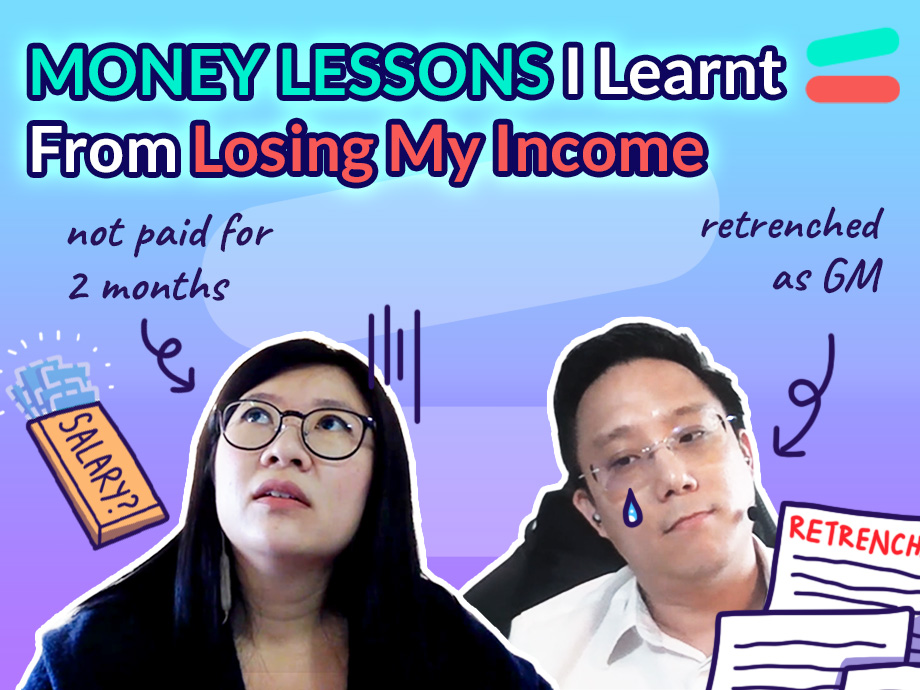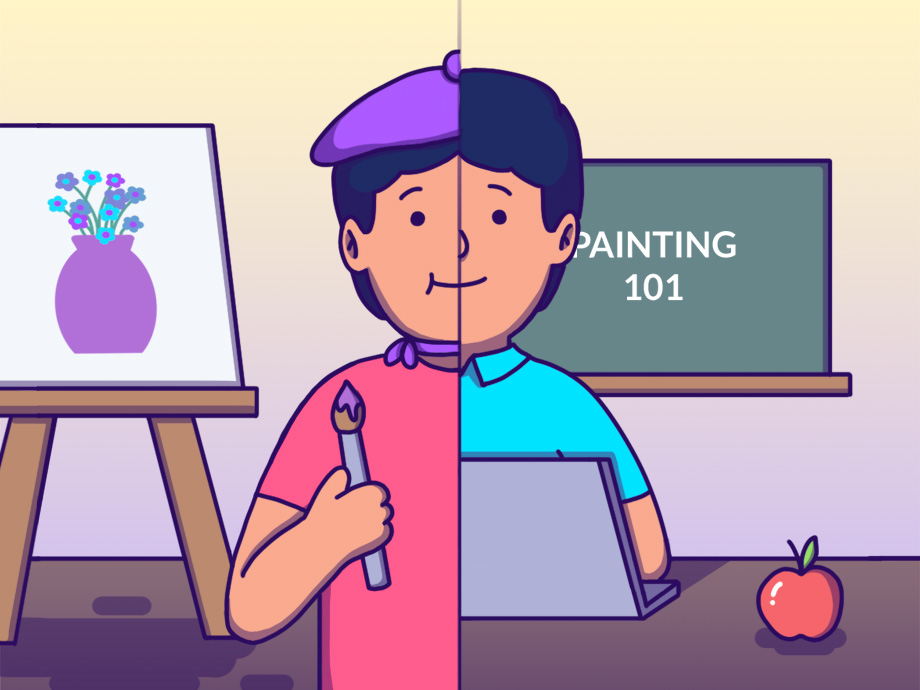Career & Education | Life | Article
The Job Market is Sizzling Hot Yet Some Can’t Get Employed: This is Why and What You Can Do About It
by Ooi May Sim | 28 Jul 2022
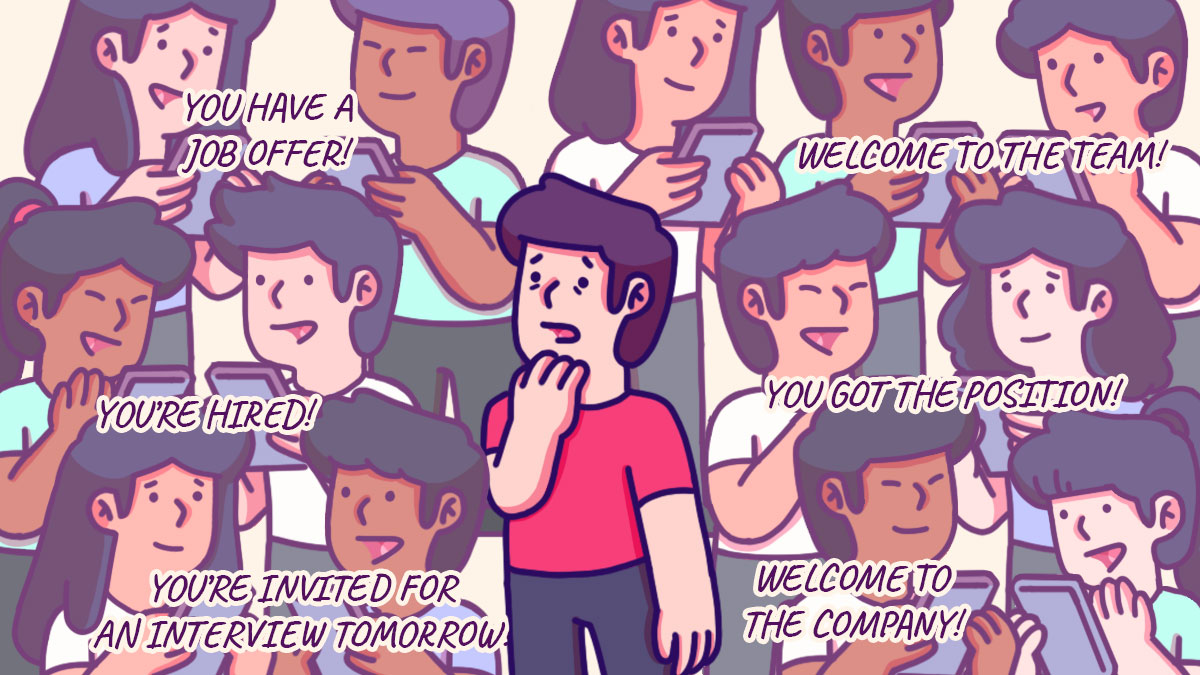
As the world recovers from the impact that the Covid-19 pandemic brought to the economy, Malaysia’s labour market has been busy rebuilding and recovering too.
In February, the Department of Statistics Malaysia (DOSM) revealed that unemployment in the country has improved, with a 4.2% unemployment rate, or 687,600 unemployed persons. This is an improvement from the high unemployment rate of 5.3% reported in May 2020, but it is still a far cry from the 3.5% rate we had pre-pandemic.
Experts argue that the key reasons why there are still so many open positions is due to skills mismatch and the lack of English proficiency, which causes graduates to be less desirable in the market.
If you happen to be one of those who are trying to find a job, looking to make a career move now or simply want to ensure that you are always able to secure a job, here are some ways you can boost your career longevity.
Before you start your job hunt
1. Research job trends and potential pay
Frankly, if you want a high paying job, you need to be in the correct industry. Some trades pay better than others so before you enrol in a course, ask yourself what it is you want to achieve from your job.
If you are looking to climb the corporate ladder in a job that pays well, then attain qualifications and experience in a lucrative industry. You can also find out about current and future job trends and the skills needed for these positions.
However, if the purpose of your job is to fulfil a dream, then research on how much that industry pays and ask yourself if you are comfortable living with that salary range.
2. Hone your interviewing skills with mock interviews
Job interviews are the single most influential factor in the hiring process, so making a good impression directly affects your chances of being offered the position. Unfortunately, many candidates tend to spend a lot of time combing the internet looking for job postings and not many take the time to practice answering questions in an interview.
Holding mock interviews helps you prepare for the real thing. You learn how to answer difficult questions in a concise manner, and you get to improve communication skills and interview strategies. More importantly, it allows you to practice answering common interview questions so when it comes time for the real event, you will be more confident in your answers and less stressed. The more you do anything, the better you get at it.
Start by compiling common interview questions and arrange them accordingly. Then, record yourself answering these questions. Watch the footage and review your performance.
When evaluating your interview performance, ask yourself these questions:
- How well did you answer these questions?
- Were you nervous? Were there a lot of long pauses?
- Observe your body language and eye contact – did you look uncomfortable, or were you staring too intensely at the camera or not looking at it at all?
Make notes on what you can improve on, then repeat the process again. You can also consider roping in a friend who can help give you feedback too.
Related
If you already hold a job
1. Future-proof yourself by upskilling and reskilling
In 2020, the World Economic Forum (WEF) published The Future of Jobs Report, warning that recession and robot revolution may displace 85 million jobs by 2025 (that’s in three years!). The Covid-19 pandemic, which caused lockdowns globally is said to have accelerated the digitalisation of work processes.
The good news is that an estimated 97 million new jobs would be created, especially in industries that require soft and technical skills such as critical thinking, communication, artificial intelligence, cloud computing, engineering, and product development. However, these new roles will require technical skills.
To future proof yourself, the WEF says that 50% of workers will need to reskill if they want to keep their jobs in the next five years, as core skills required to perform existing jobs are expected to evolve.
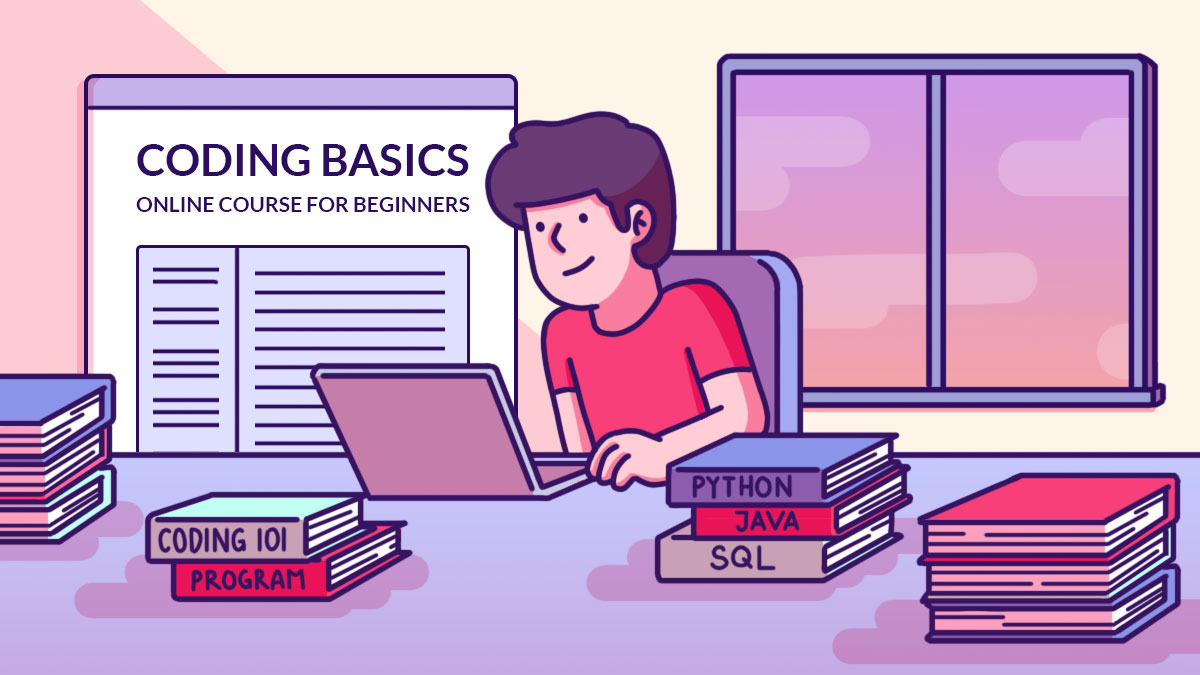
While upskilling and reskilling are often used interchangeably, there is a marked difference between the two. Upskilling focuses on learning new skills that expand an employee’s abilities in their current role, which promotes career advancement. Reskilling, on the other hand, requires you to learn a new set of skills that is different from your current job or industry.
Essentially, the point of both upskilling and reskilling is to promote continuous learning and marketability, to remain employable.
As jobs keep evolving, it is essential to upskill or reskill to stay relevant. To do this, you first need to understand what sort of skills are needed in the future by staying up to date with the latest trends. You can join professional associations, attend talks, volunteer, join a mentoring programme, or advance your knowledge by signing up for courses.
You can also tap on the many online courses offered by platforms such as Coursera, Harvard University and Udemy or go local with digital learning platforms such as Upskill Malaysia, e-Latih by HRD Corp and Digital Skills Training Directory by Malaysia Digital Economy Corporation (MDEC).
If you prefer physical lessons, check out the Department of Skills Development’s (DSD) website. The corporation offers courses and micro-credentials, which are short courses that are designed to teach new skills or upgrade existing ones, quickly.
However, before signing up for a course, check on their accreditation and your company’s requirements (if you are undertaking it for upskilling purposes).
Related
Utilise the various government incentives and financial support
Understanding the need for people to stay relevant in the job market, the Malaysian government has allocated RM1bil in Budget 2022 for upskilling and reskilling programmes. This includes tax relief ranging from RM1,000 to RM2,000 for expenses incurred when attending reskilling and upskilling courses, that is claimable until 2023.
If you are looking at attending private courses, you can claim up to RM7,000 in tax relief for course fees, as long as you are enrolled in an institution or body that has been approved by the Ministry of Education.
You can also apply for low-interest loans from the Skills Development Fund Corporation (PTPK) or the National Higher Education Fund (PTPTN) to fund your education. However, these loans are only applicable for accredited programmes offered by the Malaysian Qualifications Agency.
The Malaysian government also provides financial support through their Human Resource Development Corporation (HRD Corp) initiatives. With the corporation’s goal of driving the nation’s employment and industrial training placements, career coaching, counselling and income generating opportunities, HRD Corp has multiple subsidised training programmes that cater to various different groups such as the B40 community, school leavers under 40 years old, housewives and seniors.
All these initiatives will take time, effort and sometimes money, but it’s the best way for you to be assured that you can find a job, now and in the future.





